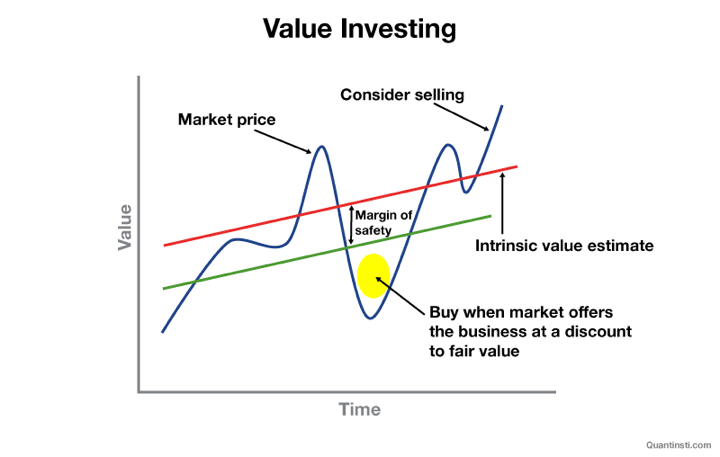Japan's economy is a mystery:
• Debt at 250% of GDP.
• Growth stuck near zero for decades.
• Yet no economic collapse.
Here’s how Japan broke every economic rule and still survived:

• Debt at 250% of GDP.
• Growth stuck near zero for decades.
• Yet no economic collapse.
Here’s how Japan broke every economic rule and still survived:


In the late 1980s, Japan was a financial superpower.
The stock market was booming, real estate prices were astronomical, and wealth seemed limitless.
But beneath the surface was a ticking time bomb.
Banks handed out loans with reckless abandon, fueling an unsustainable bubble.
The stock market was booming, real estate prices were astronomical, and wealth seemed limitless.
But beneath the surface was a ticking time bomb.
Banks handed out loans with reckless abandon, fueling an unsustainable bubble.
When the crash came in the early 1990s, it wiped out trillions in market value and put the nation into a prolonged economic slump known as “The Lost Decade.”
Unlike other countries that bounce back after recessions, Japan got stuck.
Unlike other countries that bounce back after recessions, Japan got stuck.

Growth slowed to a crawl.
Businesses became cautious.
Consumers saved instead of spent.
But remarkably, despite all this, Japan never collapsed.
Businesses became cautious.
Consumers saved instead of spent.
But remarkably, despite all this, Japan never collapsed.
While Japan's debt is massive, almost all of it is owed domestically—to Japanese banks, pension funds, and households—not foreign lenders.
This means Japan’s financial system isn’t at the mercy of external forces.
Then there’s the Bank of Japan (BoJ).
This means Japan’s financial system isn’t at the mercy of external forces.
Then there’s the Bank of Japan (BoJ).

For years, it has kept interest rates at or below zero to encourage borrowing and spending.
It also pumped vast amounts of money into the economy through a policy called "quantitative easing"—buying government bonds to inject cash into the system.
It also pumped vast amounts of money into the economy through a policy called "quantitative easing"—buying government bonds to inject cash into the system.

Critics argue that this approach merely props up a fragile system.
But Japan’s approach prevented mass unemployment, bank collapses, or hyperinflation—common signs of economic crisis elsewhere.
But Japan’s approach prevented mass unemployment, bank collapses, or hyperinflation—common signs of economic crisis elsewhere.

However, Japan isn’t invincible.
The population is shrinking and aging rapidly.
Nearly 30% of its citizens are over 65.
Fewer workers mean less economic output, lower tax revenue, and greater strain on social services like healthcare and pensions.
The population is shrinking and aging rapidly.
Nearly 30% of its citizens are over 65.
Fewer workers mean less economic output, lower tax revenue, and greater strain on social services like healthcare and pensions.
Japan's government continues to experiment with policies like:
• Increasing immigration to counteract population decline.
• Investing in automation and robotics to boost productivity.
• Gradual fiscal consolidation to stabilize debt growth.
• Increasing immigration to counteract population decline.
• Investing in automation and robotics to boost productivity.
• Gradual fiscal consolidation to stabilize debt growth.

Only time will tell what will happen.
What do you think about Japan's economic paradox?
What do you think about Japan's economic paradox?
"The Digital Gold Rush Is Here."
My threads generate 50M impressions every month.
If you are looking for high-quality, personalized & viral threads like the one you're reading...
DM me and let's work together 🤝
My threads generate 50M impressions every month.
If you are looking for high-quality, personalized & viral threads like the one you're reading...
DM me and let's work together 🤝

• • •
Missing some Tweet in this thread? You can try to
force a refresh





















